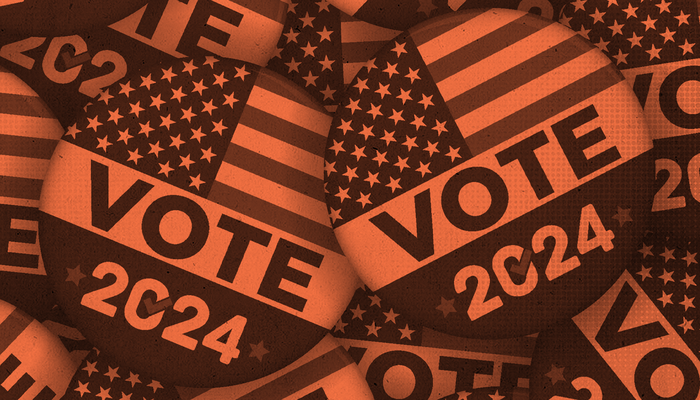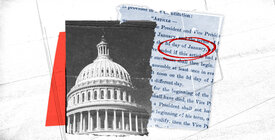With voting underway in the presidential election, voters should be prepared to hear about election certification: the postelection formality that marks the end of the vote-counting process.
In the weeks after Election Day, local election officials begin a series of checks, known as the canvass, to make sure all votes are counted, resolve any discrepancies in the vote totals, and ensure the results are accurate. Once the canvass is complete, they must formally certify the completion of that process by a specific date set by state law. They then deliver the results to state officials, who complete their own canvass and certify the results for statewide elections.
Essentially, certification confirms that all the necessary steps in the postelection process have taken place. That’s why state laws across the country establish it as a mandatory duty. Certifying officials have no authority to investigate the results or weigh in on legal issues. Instead, those questions are left to processes specifically designed to answer them, such as election contests and other court proceedings.
Over a century of well-settled state court precedent confirms that certification is mandatory. But since the 2020 election, more than 30 rogue local officials responsible for certifying results have refused or threatened to refuse to do so, rooting their misconduct in false claims that the 2020 election was rigged and widespread fraud persists in our election system.
Fortunately, these attempts have failed due to the many legal tools that courts and state officials have to compel certification. And while each state differs in their respective safeguards, the end result is the same: state officials can ensure that certification takes place on time for this year’s presidential election.
To help navigate this process, we’ve summarized deadlines and key procedures for certifying the presidential election in seven battleground states: Arizona, Georgia, Michigan, Nevada, North Carolina, Pennsylvania, and Wisconsin. For additional details, see the new collection of state certification guides created by All Voting is Local, the Brennan Center, Campaign Legal Center, and Protect Democracy.





